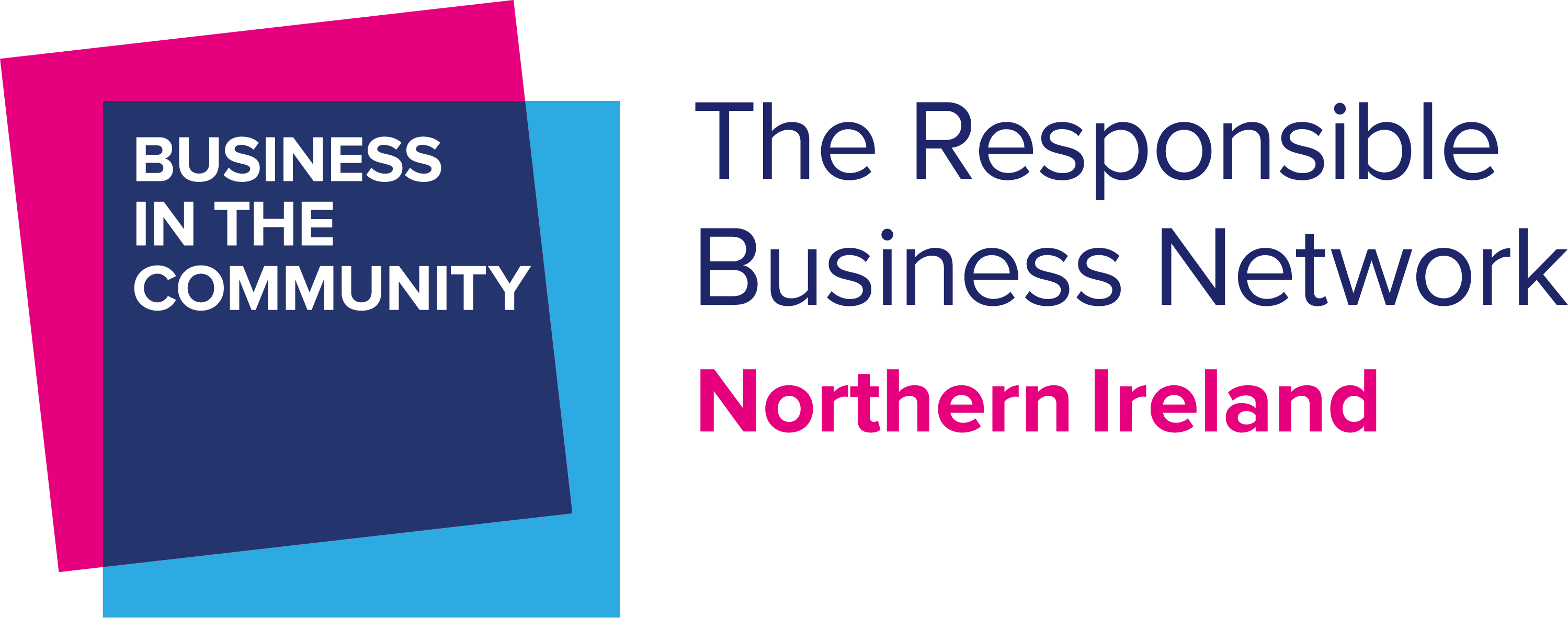Ready and Waiting
By John Healy, Vice President and Managing Director, Allstate NI; The Prince;s Ambassador for Northern Ireland and Board Member of Business in the Community Northern Ireland

I passionately believe in the power of business. As business leaders and employees, we must place ourselves right at the heart of our communities if we are to have a deeper understanding of the issues and challenges that are happening right now in Northern Ireland, and work out how we can make a real and necessary difference.
Collaboration between business, government and the voluntary and community sector in Northern Ireland is critical.
Having recently joined the Board of Business in the Community and been appointed The Prince’s Ambassador for Northern Ireland, I am committed both personally and through my business to work hard to help tackle some of the biggest social and environmental issues we currently face. For me, my focus is two-fold.
Firstly, one of the areas in which business can have the greatest effect is by addressing skills. This will be an overarching focus for me throughout 2020 as I encourage my own business and others to address skills in Northern Ireland.
The 2018 CBI/Pearson Education and Skills Survey highlighted that in Northern Ireland more than 83% of local businesses expect to hire high-skilled roles in the next three to five years; but only 24% are confident in having the supply of talent they need to fill them. This is a common complaint by employers, and the numbers of employers consistently reporting a lack of basic employability skills is concerning.
Having spoken to a wide range of business leaders, this is not just a challenge for the tech sector; although it does sit as one of the biggest growth sectors for 2018 – 2028 according to the NI Skills Barometer. Every sector is affected. Business absolutely has a role to play in inspiring young people about career opportunities at a much younger age and doing all we can in removing barriers to work, as well as keeping our people healthy, happy, and in work. We must be proactive in helping shape our future workforces.
At Allstate, we try to engage as fully as possible in providing work experience opportunities and empowering our staff to share their career journeys with those of school age.
Over this past year, we have had the privilege of embedding BITC’s Time to Code initiative within our own business. Yes, there is an obvious business fit in terms of inspiring these young people to think about their future careers, and with this project, specifically their coding skills, but bringing children from local schools into our offices to experience what it’s like to come to work is also a key driver.
The second area is poverty.
According to research carried out by the Joseph Rowntree Foundation, it revealed that Northern Ireland has a higher number of people out of work and lower employment, and that the proportion of people in poverty in homes where no one is in work has increased slightly over time, in contrast with the UK as a whole. This suggests that the employment rate continues to be a major factor affecting poverty rates in Northern Ireland, and that raising the employment rate could lead to falls in poverty.
Unless we actually experience poverty for ourselves, it can be very easy to overlook the reality of what’s happening right on our doorstep. Poverty doesn’t just come in one form. One of the most powerful experiences for me happened about a year and a half ago during one of Business in the Community’s Seeing is Believing events that focused on poverty. Our group heard first-hand how people found themselves in poverty and just how incredibly difficult it is to try and get out of this situation. It is no exaggeration to say I was stunned, particularly around the issue of in-work poverty; people who are in work, contributing to the economy, and still not able to survive financially.
With parents, carers and other family members impacted by financial constraints that has seen an increase in the use of food banks as well as the social impact of isolation among older people, creative approaches to community engagement and a platform to reach more children, more families and those people most in need are essential.
Having led the Seeing is Believing event, one of the tangible outcomes was the pilot of the Healthy Summer programme during July and August. Supported by Urban Villages Initiative and other leading businesses including Arthur Cox, Belfast Harbour, Coca-Cola HBC Ireland & Northern Ireland, DuPont, George Best Belfast City Airport, Henry Brothers, Learning Pool, Portview Fit-Out, PwC, SHS Group, Spar and Allstate NI, we had an outstanding example of business, government and community working in collaboration to generate a significant impact. Across Belfast and Derry~Londonderry, the project sought to enhance the creative community-led activities being delivered by Urban Villages by providing more than 30,000 meals to participants across the five Urban Village areas.
Business has its part to play. There is a strong business case and mounting evidence that businesses that stand for solving societal issues perform well and open new opportunities around talent acquisition and retention, improved customer and stakeholder relationships, and innovation and financial performance. Truly responsible companies understand the need for them to act on that purpose in order to be sustainable and to thrive both now and in the future.
The great thing is that businesses across Northern Ireland are well-known for having big hearts and wanting to do the right thing.
So, as we start 2020, let’s all ask ourselves: How can we be stronger and more impactful in tackling some of the biggest issues facing society? What if we were to do things better? Why not try something new? We must have the confidence to be the change. Can we go faster, can we go further? I truly believe we can, if we do it together.



